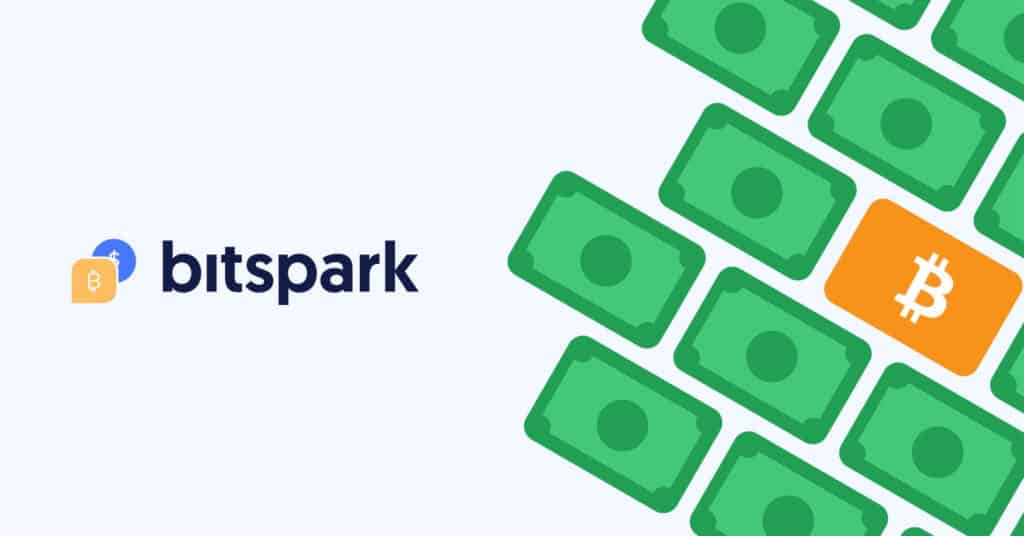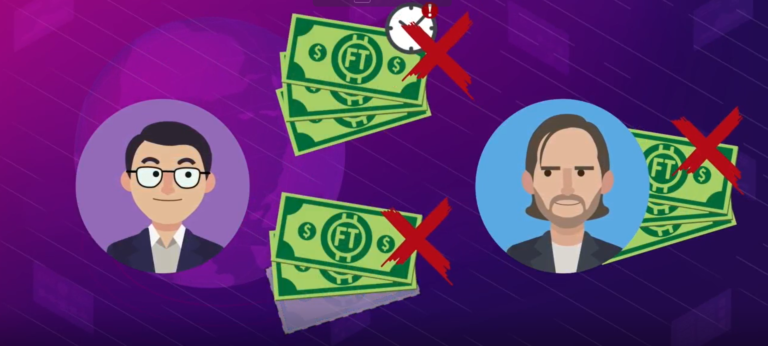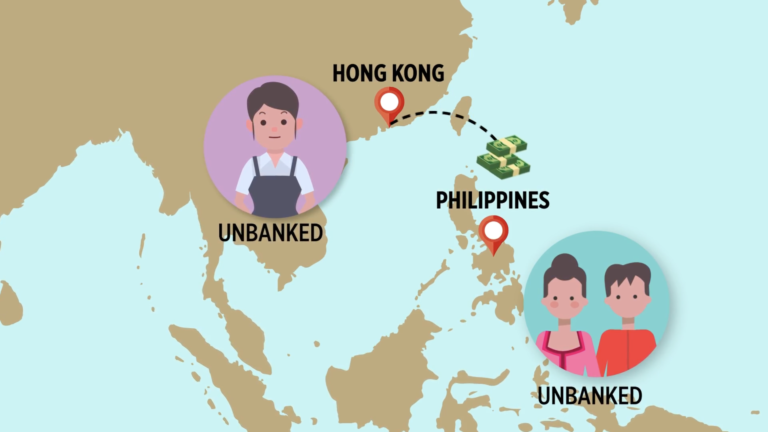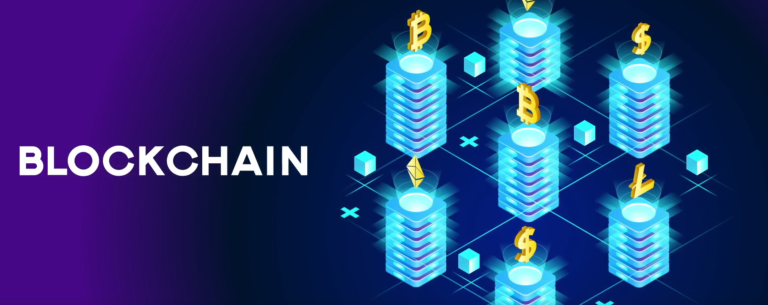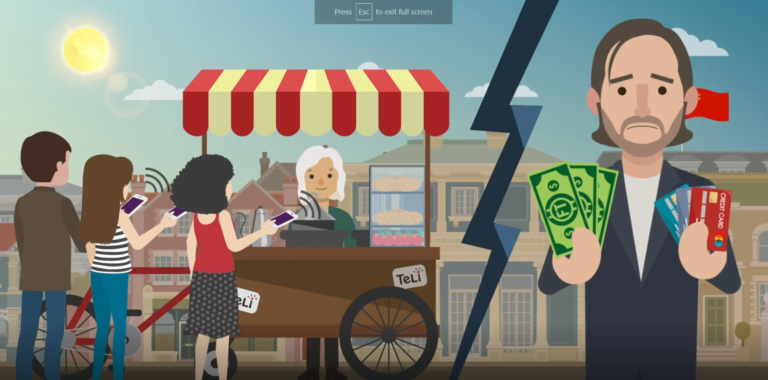Transcript
Earlier we talked about global remittances, which is the money sent home by migrant workers who leave their homes to find work. We already talked about how important remittances are to migrant workers here in Hong Kong, but equally so for the 150 million migrant workers around the world. This is particularly important for the many migrant workers and their family members who are unbanked.
These transactions are an important lifeline for families around the world. They provide money for essential expenses like food, education, health, and housing. While the transaction amounts are often small, it is estimated that collective global remittances total over $600 billion annually. To put that into context, that’s almost four times more than the total amount of international development aid, which the World Bank reported was at around $162 billion in 2017. The reality is that for many developing countries, remittances are a necessary crutch propping up their economies.
However migrant workers are often unbanked or underbanked, and because of the small individual dollar value per remittance transaction, many workers have to use less trustworthy companies to help them transfer money. As a result, many are taken advantage of via excessive fees, and the transfer process is often very inefficient and time-consuming.
Seeing both a social need and an economic opportunity, one company that has sought to lower such fees and reduce inefficiencies is Bitspark, a startup established in 2014 and headquartered here in Hong Kong. The company claims to be the world’s first cash-in, cash-out blockchain remittance service. In basic terms, what that means is that they use cryptocurrency as a medium to transfer value directly between remittance shops.
Like some of the other blockchain examples we have talked about earlier in the book, Bitspark theoretically helps cut out the middleman, leading to faster transactions and lower fees for migrant workers.
The company now works with remittance shops all around the world, including HK, Malaysia, Ghana, Philippines, Nigeria, Vietnam, and Pakistan, enabling users to transfer money quickly without the need for a bank account. And other companies are following suit.

